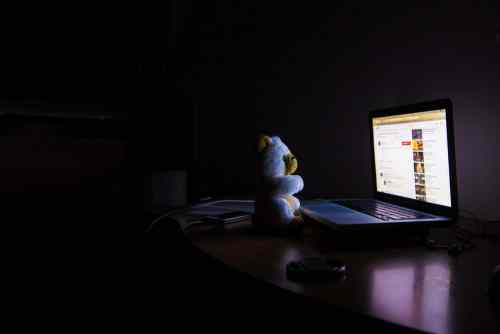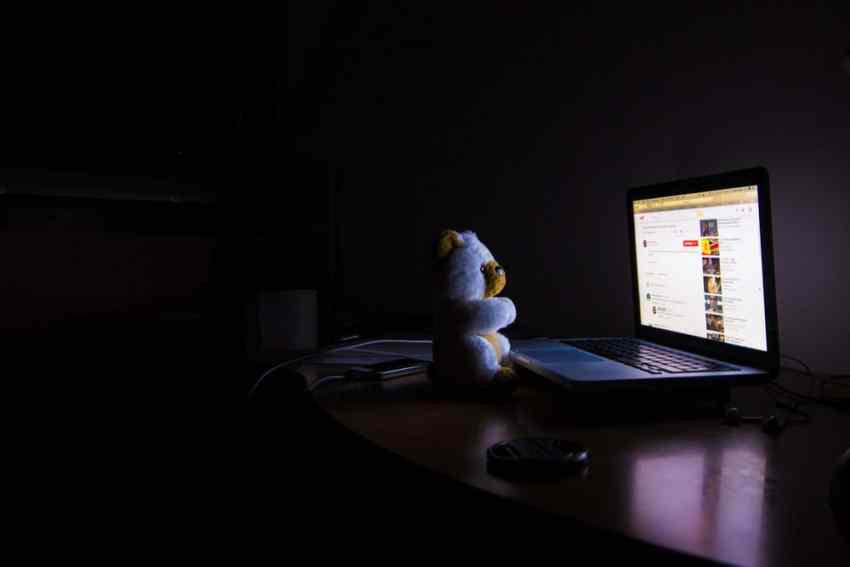The UK is planning to implement a new law that would require all visitors to commercial pornography websites to prove that they are 18 years old or over. Are you wondering how Age verification can protect children against pornography? The hope is that it will reduce the risk of children accessing or stumbling across pornography. This move will set the international model of child protection online. The real question is will it be successful?

Parental Support
A large number of experts, parents and, indeed, young people are worried about hardcore pornography online. According to a poll for Internet Matters, a not-for-profit; organisation funded by the likes of Google, Facebook, the BBC and Sky. More than eight out of 10 parents (83%) support age verification.
It is reported that Nigerians consume the most porn online. The most recent sex-education guidelines from the World Health Organization’s European office; note that educators should include discussions about the influence of pornography on sexuality. The recommended age is from late elementary school and through high school.
Dr Gail Dines, is a sociologist and expert on the porn industry and also the president of Culturereframed.org, an organisation that helps young people to cope with a hypersexualised media. According to Dr. Dines after 30 years, the research shows that porn has a profound impact on the social, emotional, cognitive development of kids.
“The average age of a child looking at porn is 11 and sometimes younger. “The average age of the victim, the girl, is four to eight, and the average age of the rapist is 10 to 12. They are acting out the porn on the girls.”
[Read: Mum Discovers Horrifying Content on YouTube Kids]
The Role of the Internet
Information and images relating to sexual activity are widely available on the Internet. Many times this can be the first exposure to sexuality or sexuality education for many children and young people. Social media has enormous potential to increase access to positive, accurate and non-judgmental information. However, these technologies can also provide access to inaccurate and inappropriate information and can reinforce harmful gender norms. (Source: UNESCO Digital Library)
There are several helpful resources that give parents an age-appropriate guide when it comes to having the talk with their children. You can access the guide from Internet Matters here for 6 – 10 years old, 11 – 13 and teens. You want to have these conversations with your child before they find the wrong information online.
[Tweet “You want to have these conversations with your child before they find the wrong information online.”]
In this YouTube video, Oscar Alsing, shares the dangers of porn and the way it distorts reality. He shares how it is especially dangerous for children or young adults who are just starting to learn about life. Porn gives them the wrong idea about what true sexual relations are.
[Tweet “Porn gives them the wrong idea about what true sexual relations are.”]
What Would the Agew Verification Mean
Age-verification was approved as part of the Digital Economy Bill in a bid to stop under 18s accessing inappropriate content and Government has designated the British Board of Film Classification as the age verification regulator.
To verify their age, pornography users will have to upload passport or credit card details to third-party age-verification companies. It could also be buying a card over the counter in a shop where the verification is face to face.
However, according to Dines “A lot of kids are not getting porn through Pornhub, they are getting it through Instagram and Snapchat.” On social media platforms, banned material is often hidden behind hashtags and emojis which act as secret codes to tag searches.
According to internet matters, The UK will become the first country in the world to bring in age-verification for online pornography when the measures come into force on 15 July 2019.
Read more in our Technology and Parenting Category.



